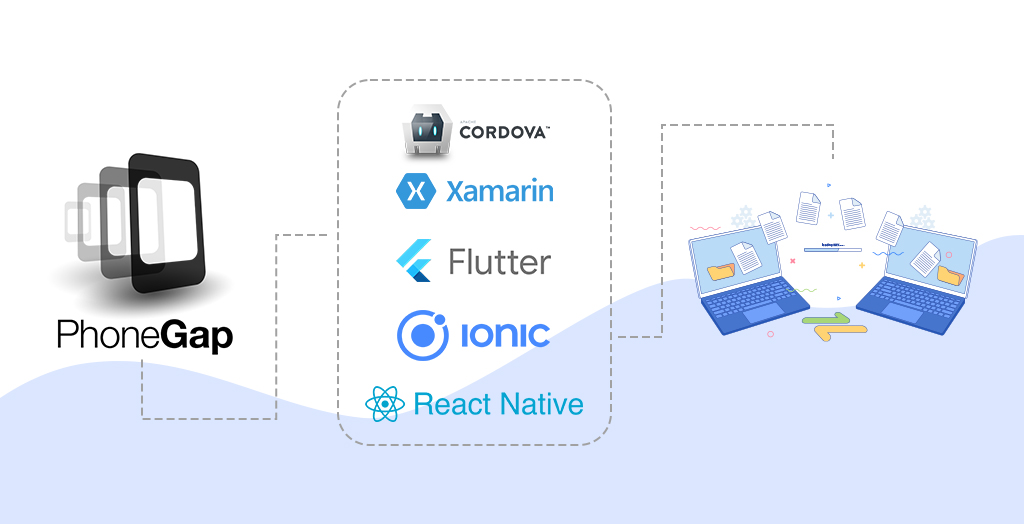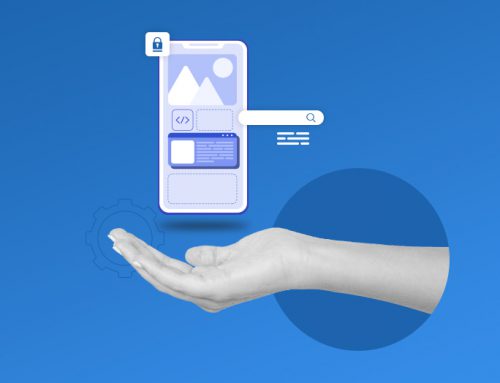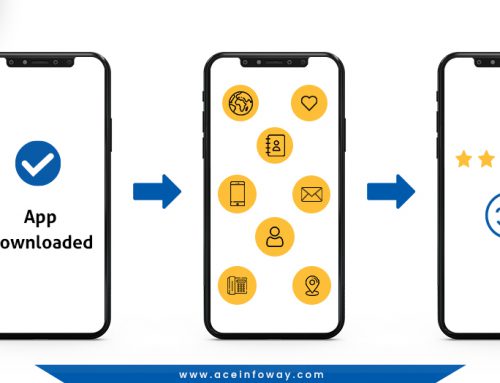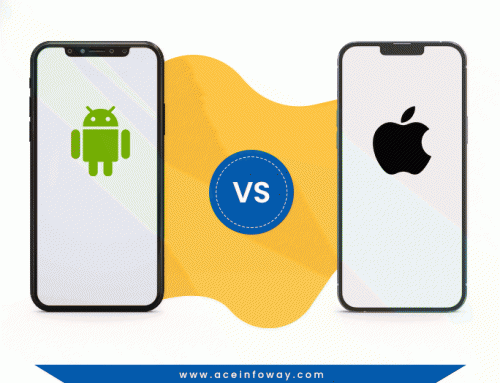Table of Contents
Here is a burning PhoneGap news update that you should be aware of.
Adobe has discontinued support for PhoneGap and PhoneGap Build as of October 1, 2020.
Though PhoneGap will remain free and open-source, it will not be actively developed. Hence with every release of an iOS or Android operating system update, PhoneGap tooling will gradually become incompatible with Apache Cordova. Along with this, from the deprecation time frame, the hosted services offered by PhoneGap such as the Push test service will also be removed.
Conversely, PhoneGap Build, which is not open source, is no longer supported. PhoneGap build was used to create builds for iOS, Android, and other cloud platforms, making app testing and development easier.
Announced just one month prior to discontinuing the support, the news was no less than a nightmare for the merchants using it, leaving them rushing to take the backup of their data present on the PhoneGap build before it gets deleted post the end of support.
But now that you have taken the backup of your data and are all ready to migrate your application from PhoneGap, it is important to settle on a powerful and reliable solution for your application. Here we have listed five best alternatives to migrate your PhoneGap based application-
5 Best Alternatives to Consider to Migrate Your PhoneGap-based Application
-
1. Apache Cordova
One of the highest recommended alternatives to PhoneGap is the Apache Cordova- an open-source version of Adobe PhoneGap with community support. Apache Cordova is an app development framework that is used to develop cross-platform mobile apps with HTML/CSS and JavaScript.
As per the announcement of Adobe, Apache Cordova will be active and continue to exist. Being a similar version of PhoneGap, the existing projects that were developed on PhoneGap will be compatible with the Apache Cordova.
Apache Cordova works great for building hybrid applications by allowing you to use your HTML/ CSS, and JavaScript content to develop a native application for mobile platforms.
-
2. Flutter
Flutter, a cross-platform app development framework developed by Google, can be one of the most reliable choices for migrating your mobile application. Since the release of Flutter, its popularity among the developer has only been increasing and the same is expected in the future as well.
Recently, Google announced the latest version of the Flutter- Flutter2.
For further details, read more: Flutter 2.2: How has the framework evolved?Flutter works with the latest Dart language and can also be used in existing applications, meaning you don’t have to redesign them from scratch.
Apart from its core functionality of cross-platform development, Flutter is also equipped with some very innovative and exceptional features, including widgets, pixel rendering, stateful hot reload, and easy up-gradation, that have not only leveled up the development process but also improved the performance of the application.
-
3. React Native
React Native, being among the top 3 most popular cross-platform app development frameworks among the developers for three years in a row, doesn’t need an introduction. React Native was developed and launched by Facebook in 2015.
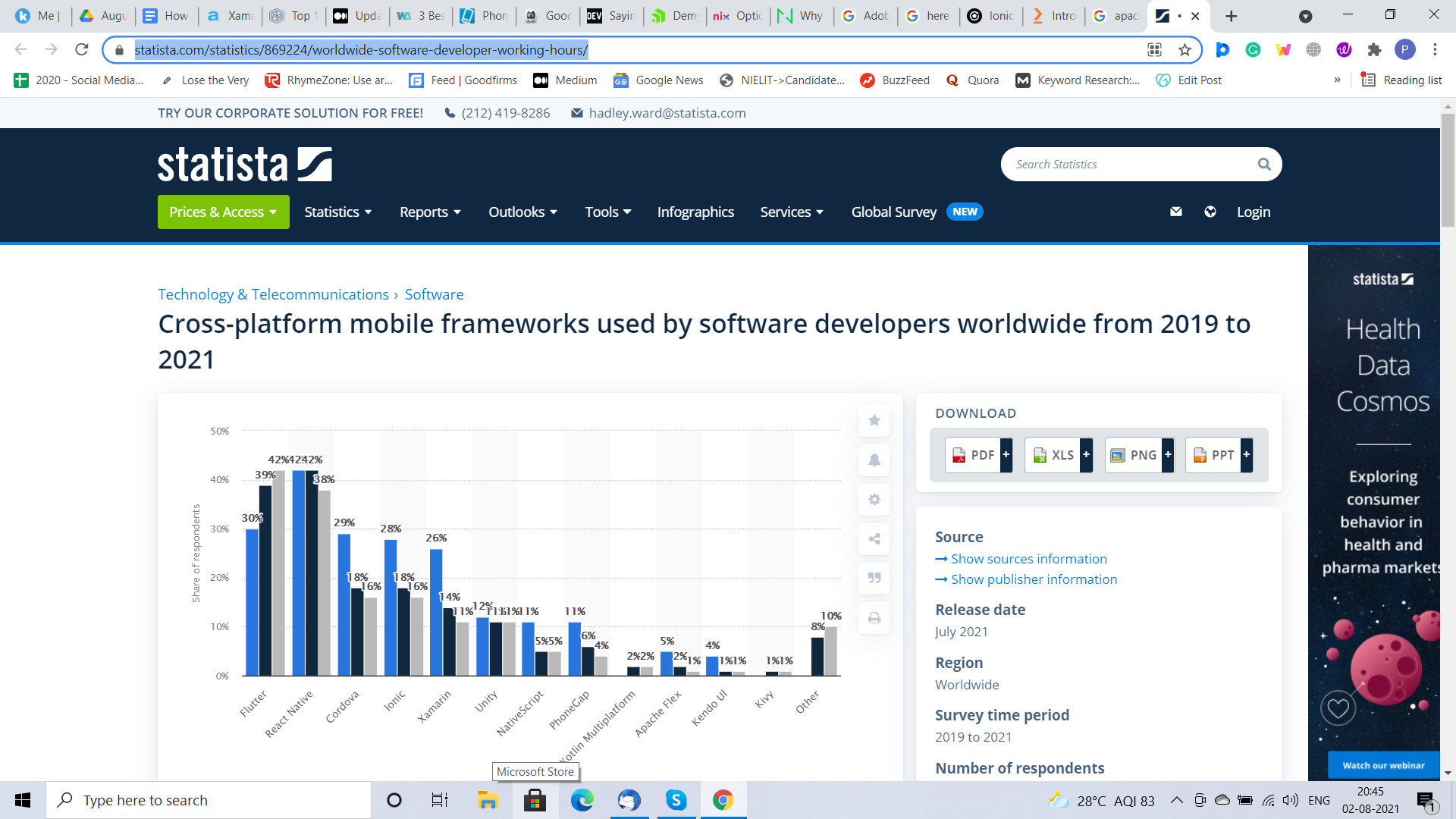
- Source: StatistaOffering the facilities like application flexibility, scalability, humongous community support, efficient compatibility with heavy graphics, easily maintainable, real-time testing, and seamless integration, React Native makes the app development process easier and faster. Considering this, it has become the choice of tech mammoths like Facebook, Instagram, Tesla, Myntra, UberEats, Skype, etc.React Native, besides offering a comprehensive library of UI components, is also compatible with third-party libraries. Using the pre-existing components from the libraries, React Native reduces the workload, effort, and time of the developers, thereby reducing the cost of the application.
-
4. Ionic
Ionic is a free and open-source mobile UI toolkit that allows developers to build robust native and web applications with high performance and quality standards. With Ionic, you can create apps faster by reusing code everywhere with Web and JavaScript.
Ionic empowers developers to build both mobile and Progressive Web Apps (PWA) from a single code base. As a way to accelerate app development efforts, Ionic provides a library of mobile-optimized UI components, gestures, and tools that can be used to build highly interactive apps.
Ionic is known for its support for Cordova and Angular, working as a UI kit for the app developed on Cordova and Angular. So, migrating your PhoneGap app to the Ionic will be easier. Additionally, with the launch of Capacitor, the Ionic has extended its support to the other JavaScript frameworks as well such as Vue and React, allowing you to develop your native apps with the web.
-
5. Xamarin
Xamarin is a cross-platform app development framework that extends .NET with libraries and tools required for developing applications for Android, iOS, MacOS, and Windows.
Being a part of the open-source and vibrant .NET ecosystem, Xamarin is also free, open-source, and is backed by a strong community of contributors from more than 3.7K companies who keep on producing samples, writing tutorials, authoring books, and more to solve your queries.
Along with this the Xamarin community also maintains the Xamarin Universal Library which consists of Xamarin resources. Xamarin empowers the developers to share more than 75% of application code across platforms, following its motto “write once, run anywhere”. Hence, a Xamarin app development company can develop the application more efficiently and faster.
Don’t Let the End of PhoneGap Restrict Your Business Opportunities
Used by more than 16K companies, PhoneGap successfully left its mark in the market, allowing the developers to develop web and mobile apps with a single codebase. But, now as the gap between the native app and web is fulfilled by the Progressive Web Apps(PWA), the usage of the framework is declining.
Considering the fact, the end of life of PhoneGap happened. Hence, if you are planning to migrate your existing PhoneGap-based application to efficient peer technology, the article might have guided you well. You can choose the best options present in the article, or go for a PWA as well.
The migration from PhoneGap to new technology can be challenging, requiring you to take into consideration several crucial aspects like data integrity, consistency, post-migration performance, etc. With this in mind, hiring a software solutions service provider with experience and expertise is the best move.
For expert assistance, you can reach out to our mobile app development and migration team. By staying on top of the latest technology as well as market trends, we provide top-notch mobile app services. Our team will not only help you migrate your application to your desired platform but also create an outstanding application that is relevant to both your business idea as well as the market.









